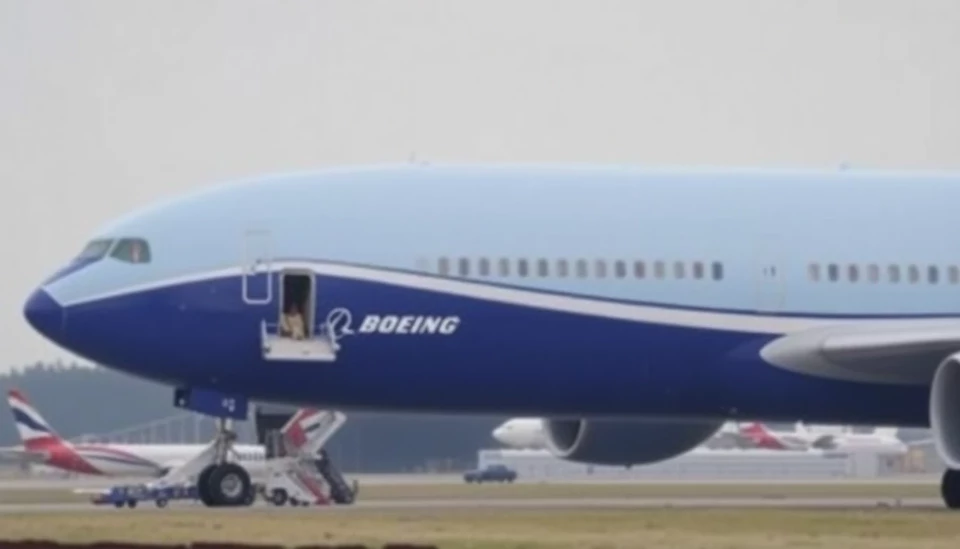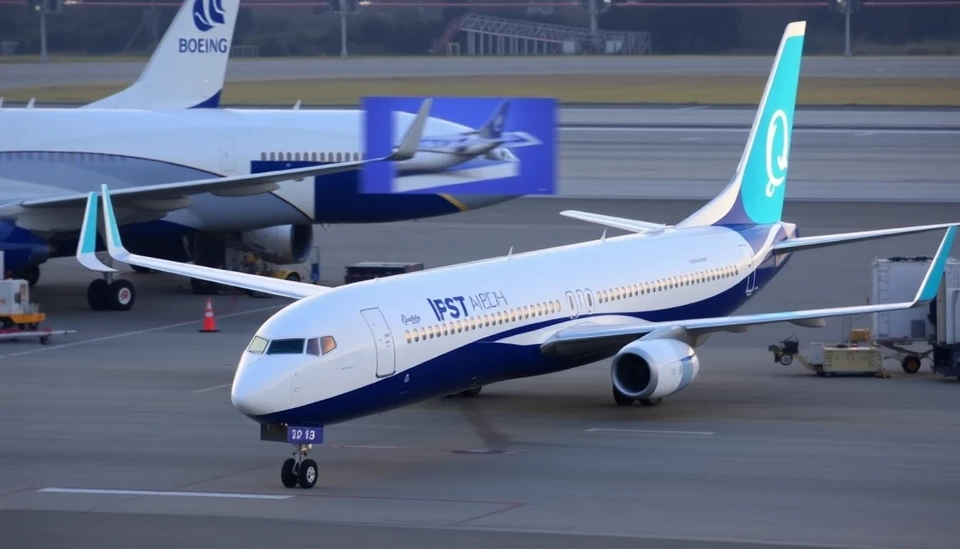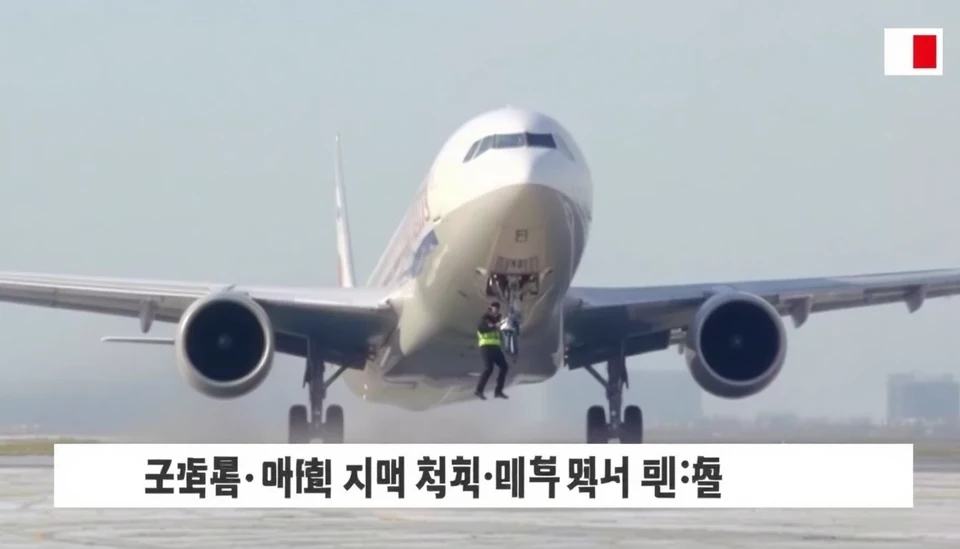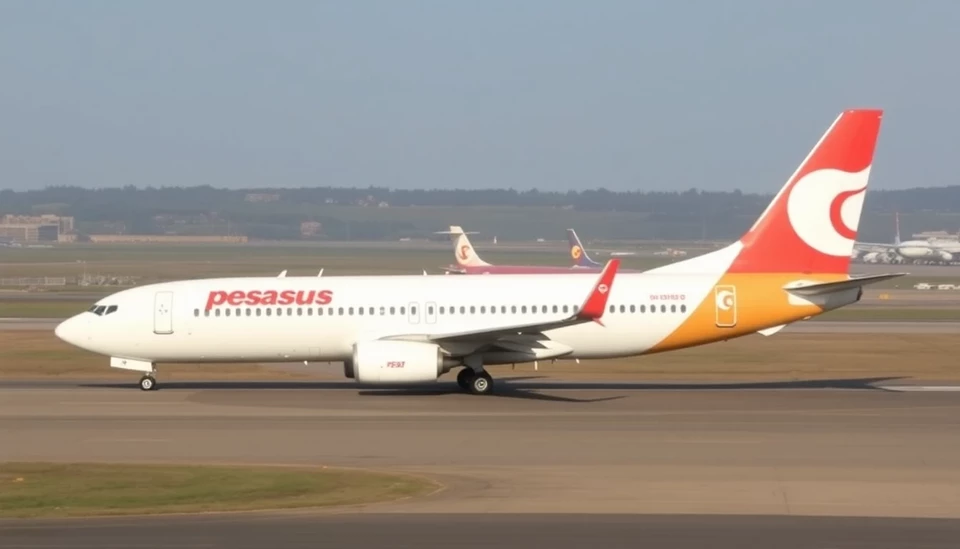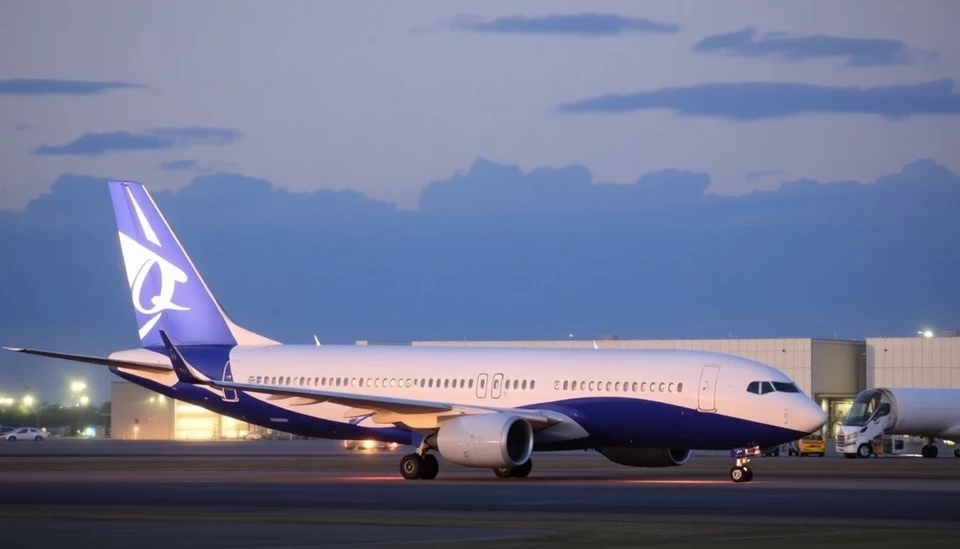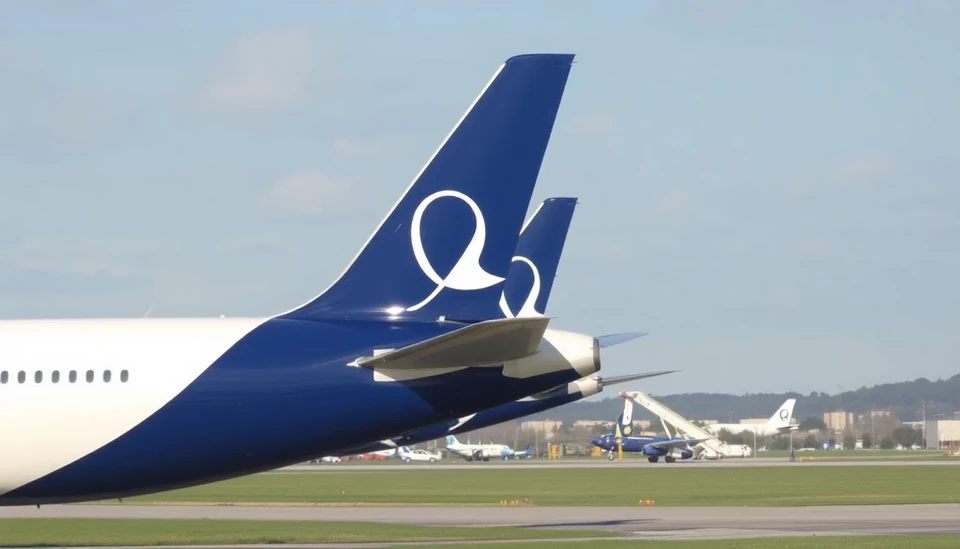
In a significant shift in corporate strategy, Boeing has announced the dismantling of its diversity, equity, and inclusion (DEI) team as part of a broader organizational restructuring under the new leadership of CEO Dave Calhoun. This decision comes at a time when the company faces mounting pressure to streamline operations and refocus on its core business objectives in the wake of a challenging economic environment.
The decision to dismantle the DEI team has raised eyebrows among various stakeholders, including employees and advocacy groups who view this move as a potential setback in promoting workplace diversity at one of America’s largest aerospace manufacturers. Critics argue that the elimination of such teams may undermine previous efforts to foster a more inclusive culture within the company, particularly given Boeing's history of challenges related to workplace discrimination and a lack of diversity in its upper management.
According to sources close to the matter, the move to disband the DEI unit is indicative of a broader change in the corporate culture at Boeing. The newly appointed CEO Calhoun appears to be prioritizing immediate operational efficiency over long-term diversity initiatives. This decision aligns with his previous assertions about focusing on the fundamentals of the business and increasing accountability within the company's ranks as it navigates through significant challenges post-pandemic, including supply chain disruptions and a faltering demand for commercial aircraft.
While Boeing has publicly stated that they remain committed to diversity and inclusion, the relentless pressures from shareholders and the market led to this strategic pivot that some view as a retreat from progressive corporate policies. The DEI team, which had been an integral part of Boeing’s operations since its inception, focused on promoting initiatives geared towards cultivating a diverse workforce and fostering an inclusive environment across all levels of the company. Their work included community outreach, employee engagement programs, and partnerships with minority-owned businesses, all aimed at enhancing Boeing's social responsibility footprint.
The restructuring is expected to involve a more generalized approach to diversity that will not specifically allocate resources toward a dedicated team but instead integrate DEI principles into the broader corporate culture within departments and units. This approach has led to concerns among employees who fear a lack of targeted efforts could diminish the progress made over the past few years in creating a more representative workforce.
As Boeing grapples with shifting market dynamics and navigates internal transformations, this decision underscores the delicate balance between maintaining corporate social responsibility and addressing immediate business imperatives. Whether this approach can effectively align with the growing expectations of a diverse workforce and increasingly conscious consumers remains to be seen.
Industry experts suggest that while operational efficiency is crucial, neglecting diversity initiatives could have long-term repercussions for Boeing’s brand image and its attractiveness to future talent. Many argue that a diverse workforce is vital for innovation and problem-solving, especially in an industry as complex and rapidly evolving as aerospace.
As Boeing begins this new chapter under the guidance of its leadership, the question surrounding the future of its commitment to diversity, equity, and inclusion remains at the forefront of discussions not only within the company but also among investors, customers, and the public.
#Boeing #Diversity #Leadership #CEO #CorporateCulture #Inclusion
Author: John Harris
